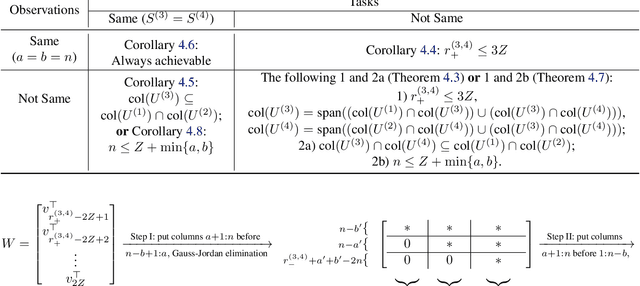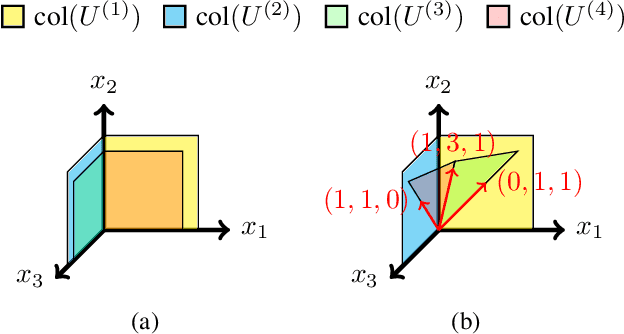Task-Aware Network Coding Over Butterfly Network
Paper and Code
Jan 28, 2022



Network coding allows distributed information sources such as sensors to efficiently compress and transmit data to distributed receivers across a bandwidth-limited network. Classical network coding is largely task-agnostic -- the coding schemes mainly aim to faithfully reconstruct data at the receivers, regardless of what ultimate task the received data is used for. In this paper, we analyze a new task-driven network coding problem, where distributed receivers pass transmitted data through machine learning (ML) tasks, which provides an opportunity to improve efficiency by transmitting salient task-relevant data representations. Specifically, we formulate a task-aware network coding problem over a butterfly network in real-coordinate space, where lossy analog compression through principal component analysis (PCA) can be applied. A lower bound for the total loss function for the formulated problem is given, and necessary and sufficient conditions for achieving this lower bound are also provided. We introduce ML algorithms to solve the problem in the general case, and our evaluation demonstrates the effectiveness of task-aware network coding.
 Add to Chrome
Add to Chrome Add to Firefox
Add to Firefox Add to Edge
Add to Edge